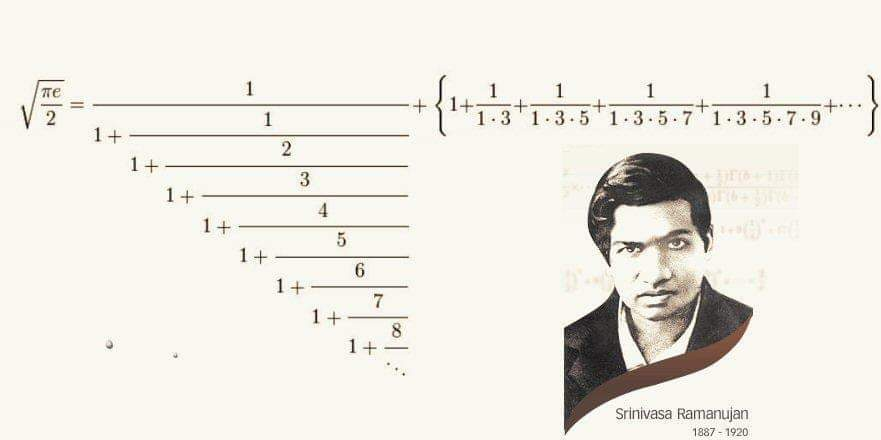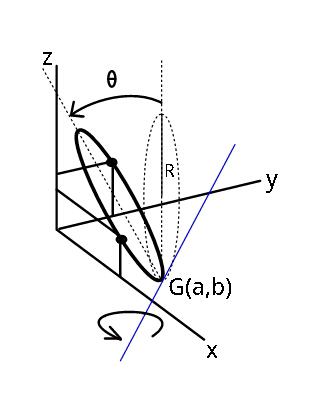
AllQuestion and Answers: Page 1631
Question Number 46712 Answers: 0 Comments: 0
Question Number 46708 Answers: 0 Comments: 0
Question Number 46705 Answers: 0 Comments: 0
Question Number 46697 Answers: 1 Comments: 0
Question Number 46694 Answers: 1 Comments: 0
Question Number 46686 Answers: 2 Comments: 1

Question Number 46681 Answers: 1 Comments: 2

Question Number 46680 Answers: 1 Comments: 0

Question Number 46674 Answers: 1 Comments: 0
Question Number 46673 Answers: 0 Comments: 5

Question Number 46667 Answers: 0 Comments: 1
$${integrate}\:\mathrm{ln}\:\left({cosx}+{sinx}\right){dx} \\ $$
Question Number 46657 Answers: 1 Comments: 0
Question Number 46652 Answers: 1 Comments: 0
Question Number 46651 Answers: 1 Comments: 0
Question Number 46640 Answers: 0 Comments: 1
Question Number 46639 Answers: 1 Comments: 2

Question Number 46641 Answers: 0 Comments: 1

Question Number 46637 Answers: 2 Comments: 3

Question Number 46636 Answers: 1 Comments: 0
Question Number 46631 Answers: 0 Comments: 1

Question Number 46629 Answers: 1 Comments: 0
Question Number 46624 Answers: 1 Comments: 4
Question Number 46617 Answers: 1 Comments: 1
Question Number 46612 Answers: 1 Comments: 4
Question Number 46611 Answers: 2 Comments: 1

Question Number 46610 Answers: 0 Comments: 2
Pg 1626 Pg 1627 Pg 1628 Pg 1629 Pg 1630 Pg 1631 Pg 1632 Pg 1633 Pg 1634 Pg 1635
